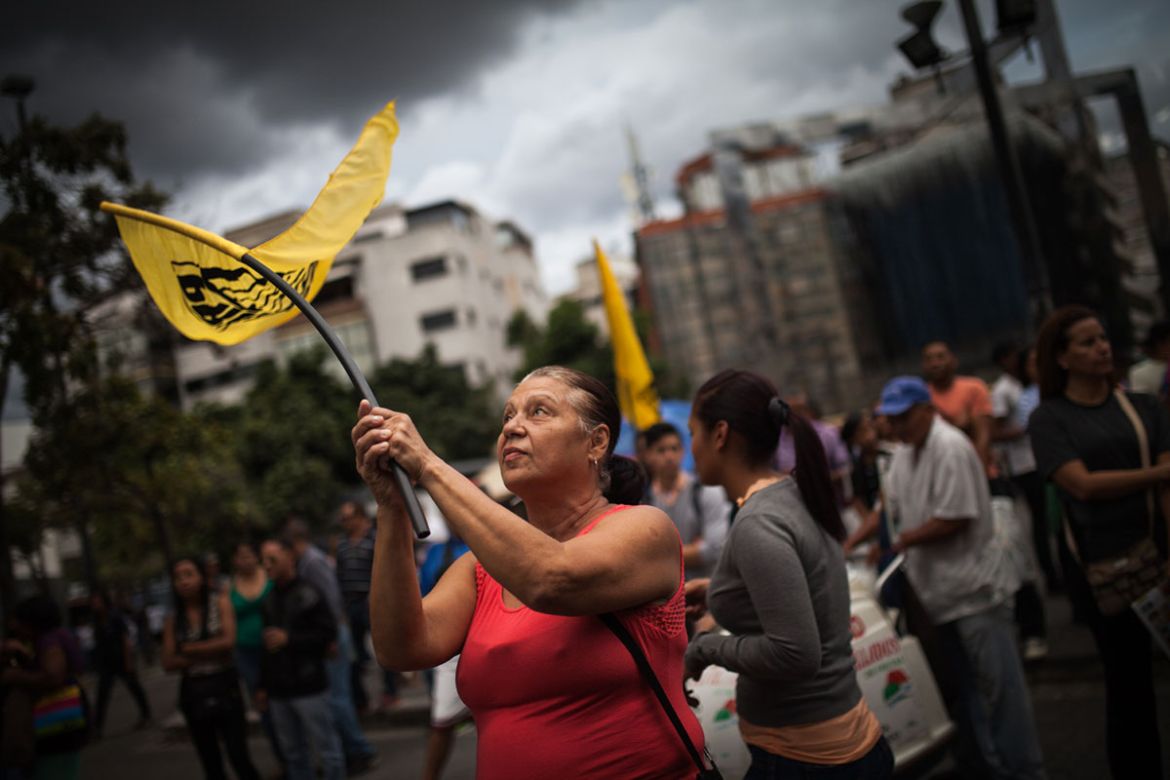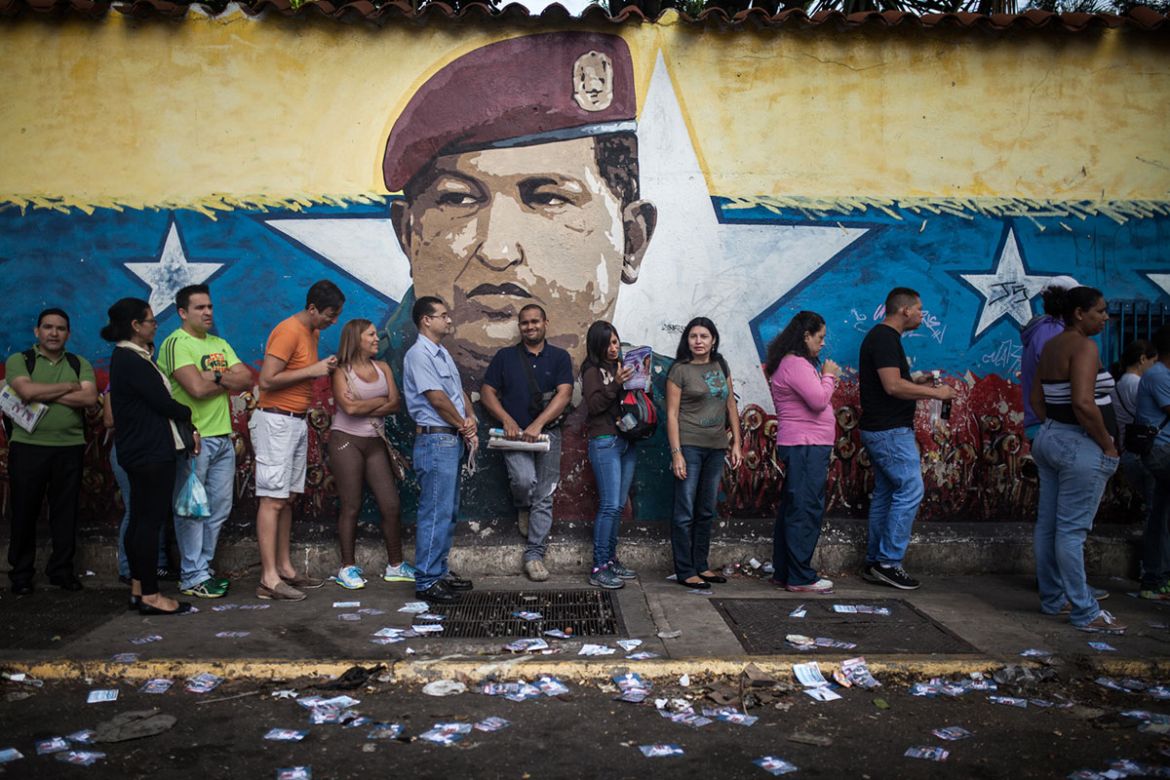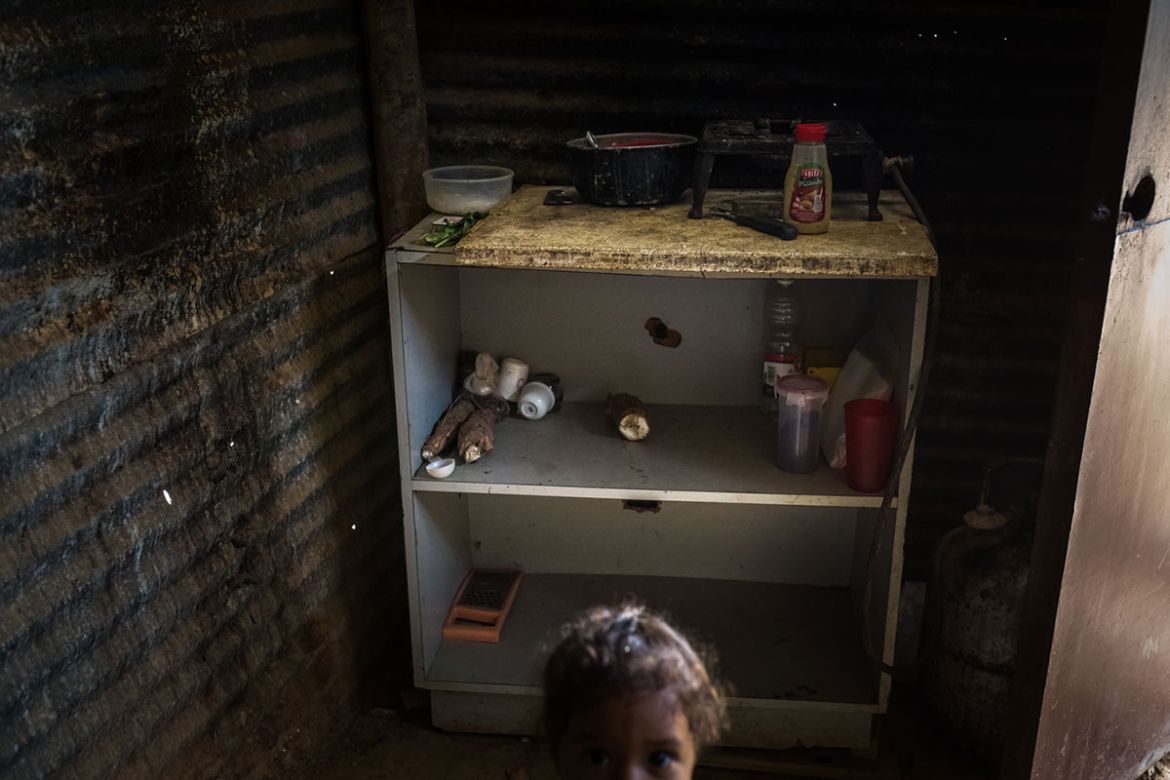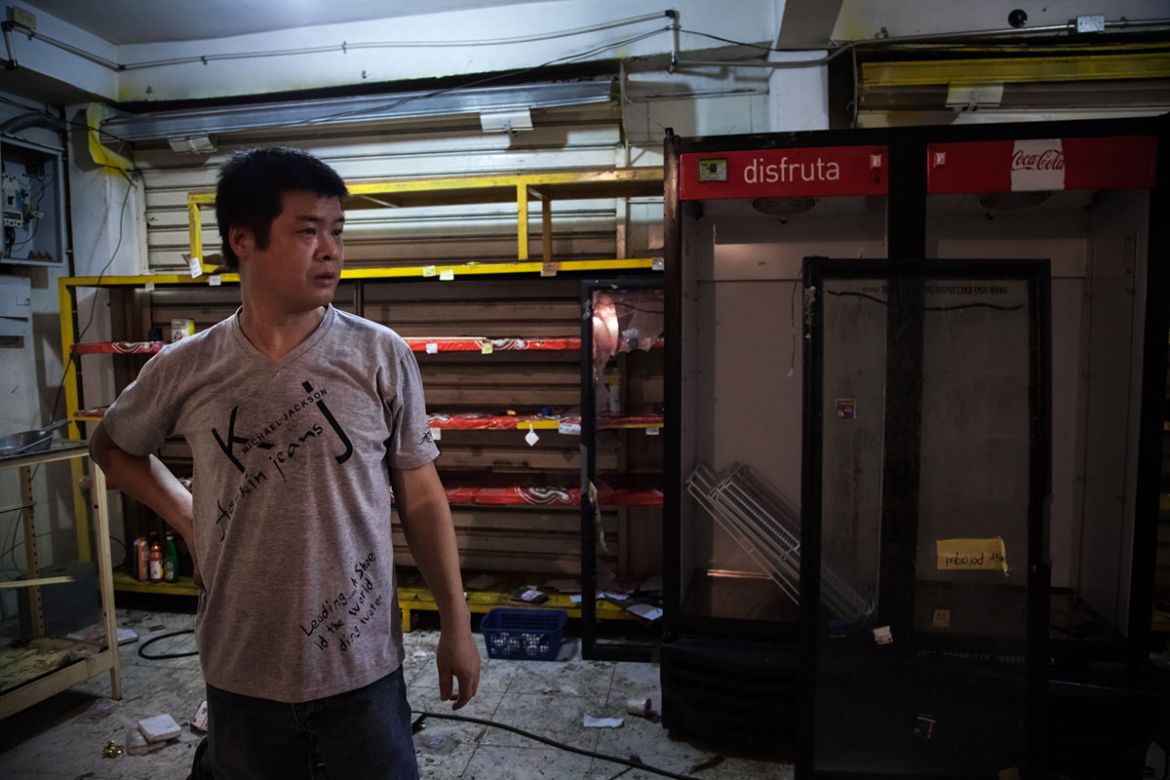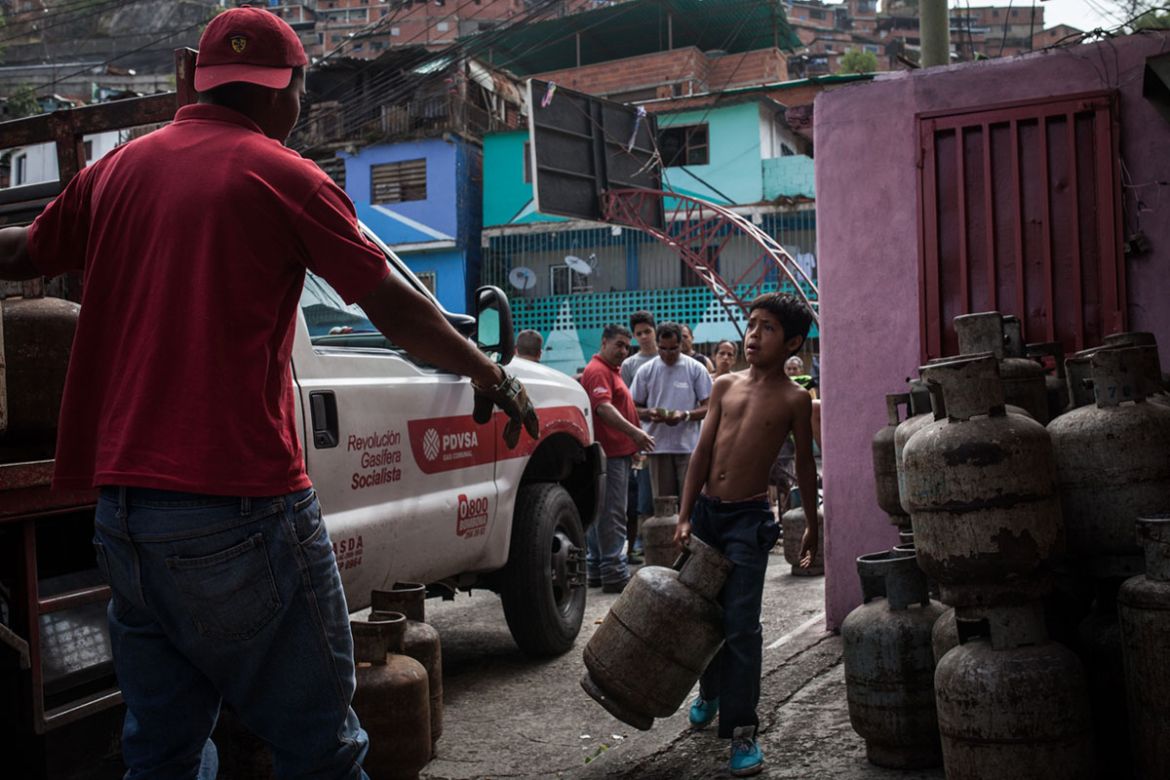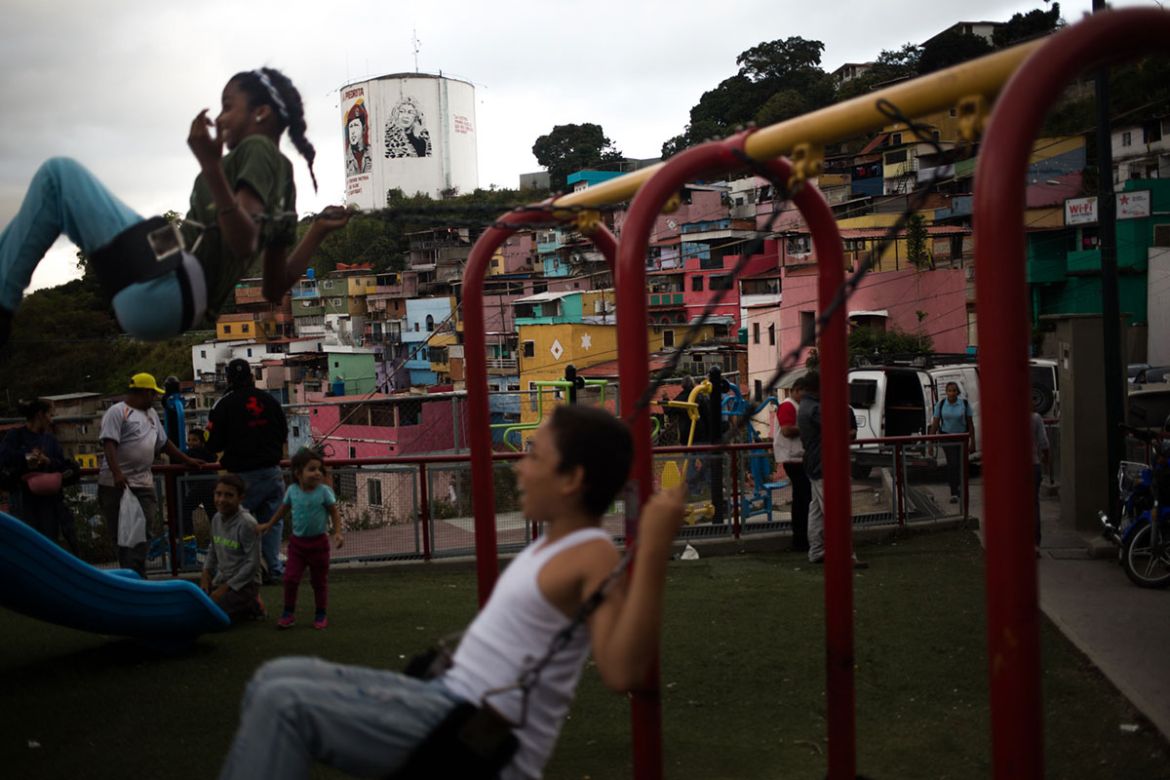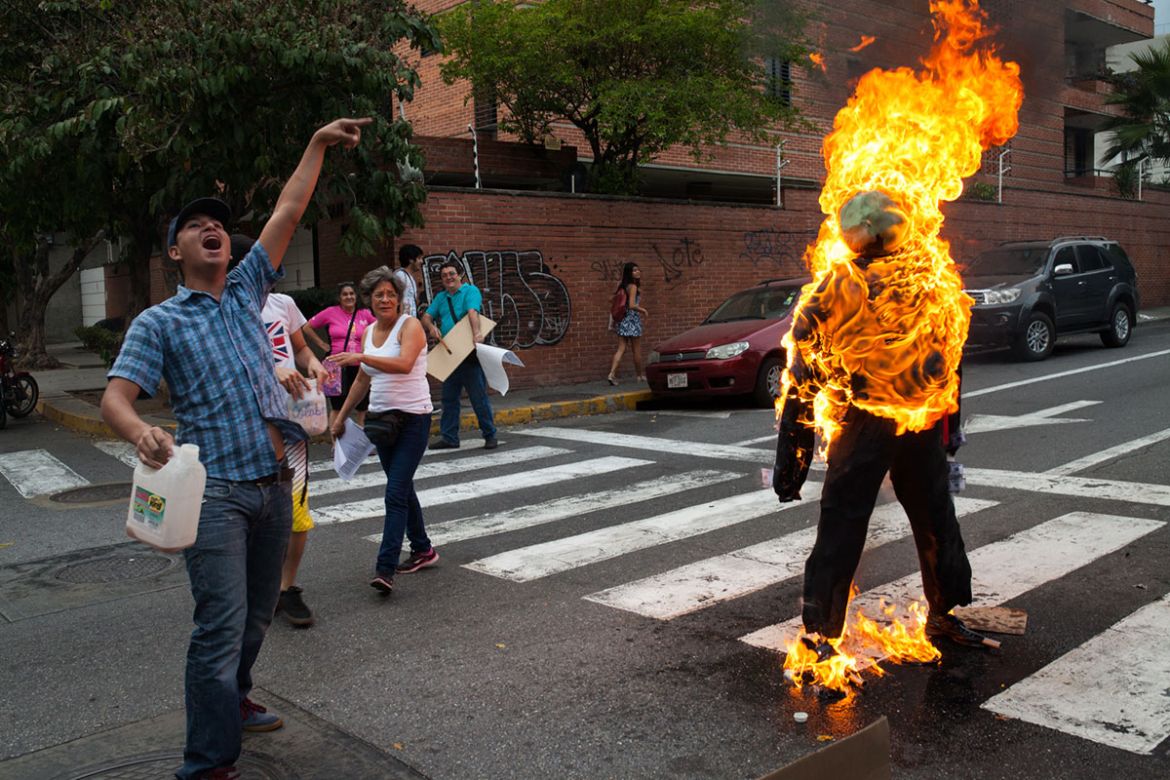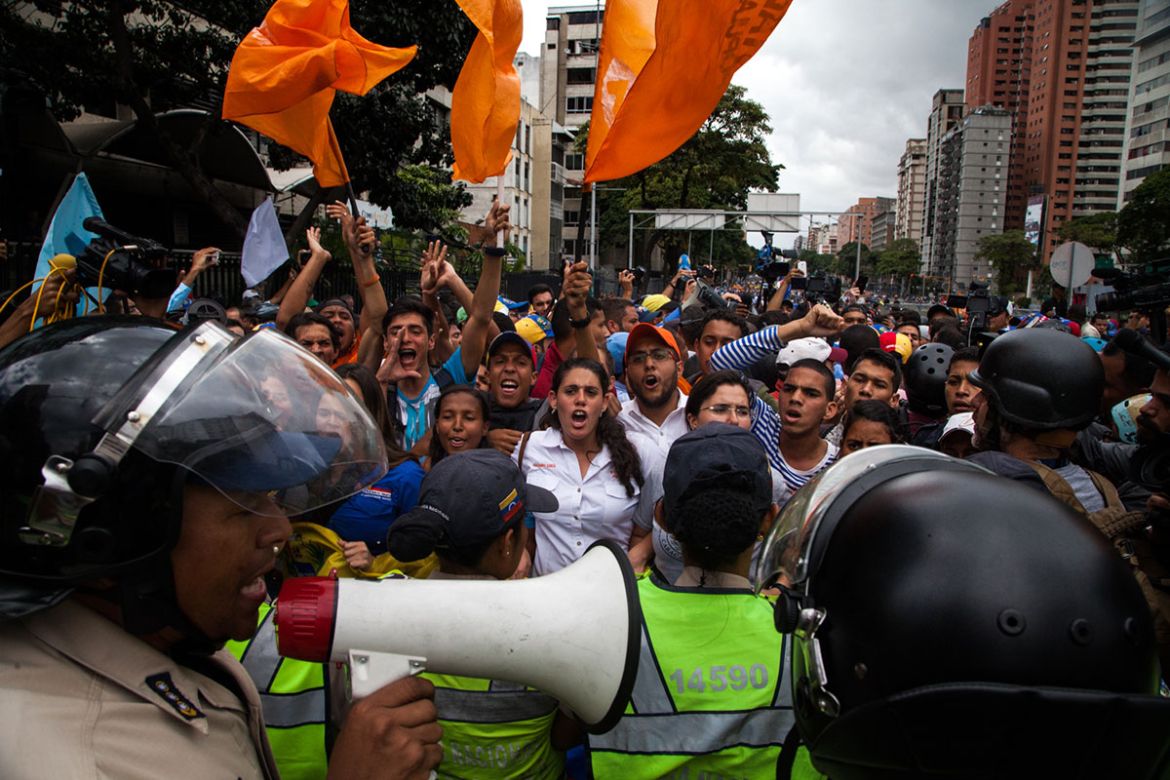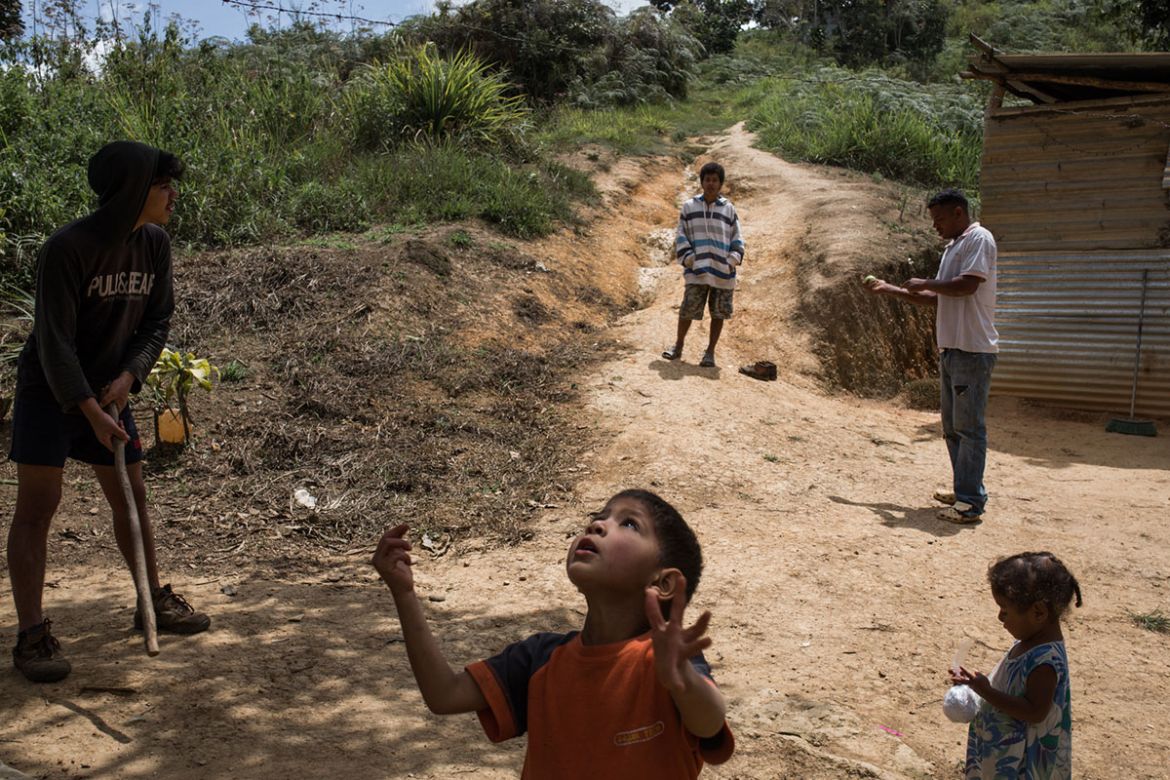In Pictures
Hardship and political theatre: The crisis in Venezuela
Photographer Wil Riera documents people’s struggles and the theatre of street politics in his native Venezuela.

Caracas, Venezuela – At 34, I’ve spent almost half of my life under the same government.
One morning in 1992, when I was ten, my mother didn’t wake me up for elementary school. Hours later, when I got up, the streets were empty. There had been an attempted coup; my parents, like others, were in a state of shock.
That day I heard Hugo Chavez’s name for the first time. He was speaking on television, wearing his signature red beret, as the military leader of a failed coup against the former president Carlos Andres Perez.
Seven years later, Chavez became Venezuela’s president through elections, winning an overwhelming majority of the votes, and the country began its transition into “21st-century socialism”, leveraging oil wealth into social programmes for education and housing to help poor communities.
Venezuela, however, was politically divided. My family gatherings grew smaller as Chavistas – Chavez’s supporters – and opposition supporters stopped talking to each other. Within my own immediate family, my father supported Chavez while my mother and brother supported the opposition; they were adamant that a former military officer couldn’t solve our country’s problems.
Following Chavez’s death in 2013, Nicolas Maduro – his close political ally – became president after winning the election. Maduro is not as charismatic or popular as the former president. Under his leadership, the military presence in government offices has grown. And Venezuela has lapsed into an economic, political and social crisis.
Oil-exporting Venezuela became dependent on food imports, but when the price of oil collapsed in 2014, the government could no longer afford the food and medicines that the country needed.
Shortages have become commonplace and basic goods are rationed. According to the last digit of one’s ID card, people are assigned a day in the week to buy groceries – just one or two items of the same product – at subsidised prices.
Crime and violence are also widespread. In 2016, 27,479 people were killed – an all-time high – according to the independent group the Venezuelan Violence Observatory.
The crackdown against Maduro’s political opponents has intensified. Opponents have been jailed, accused of or charged with trying to overthrow the government.
At the end of 2014, I began a long-term project to document the Venezuelan people’s struggles, frustrations and spirit at a time of crisis. I also wanted to document the theatrical practices of the political forces – those in power and in opposition – in holding regular political rallies and free concerts and disseminating propaganda. These have become like a national sport; a distraction from the daily hardships.
Having witnessed the crisis first-hand, I also aim to show how, no matter which political ideology people identify with, we all seek change and hope for a better future.
